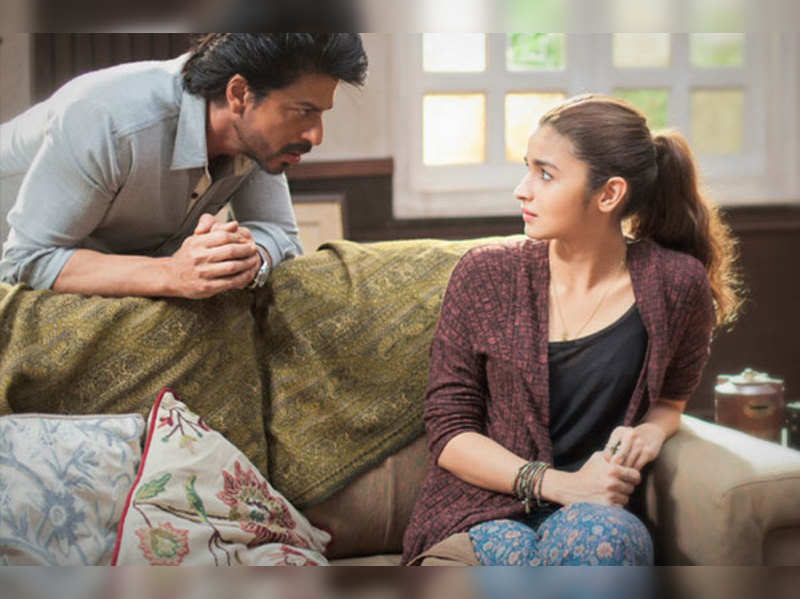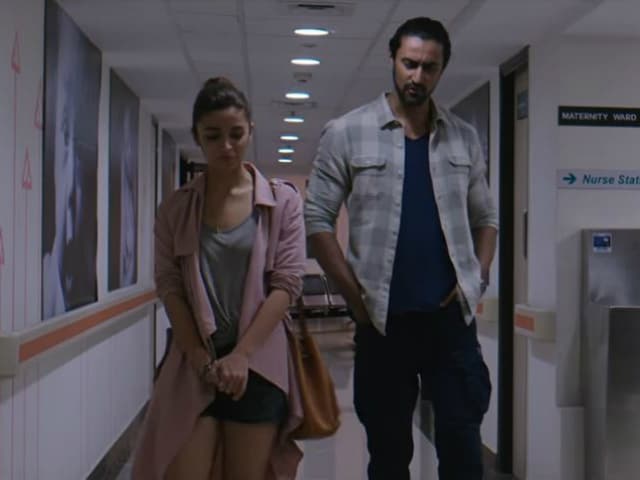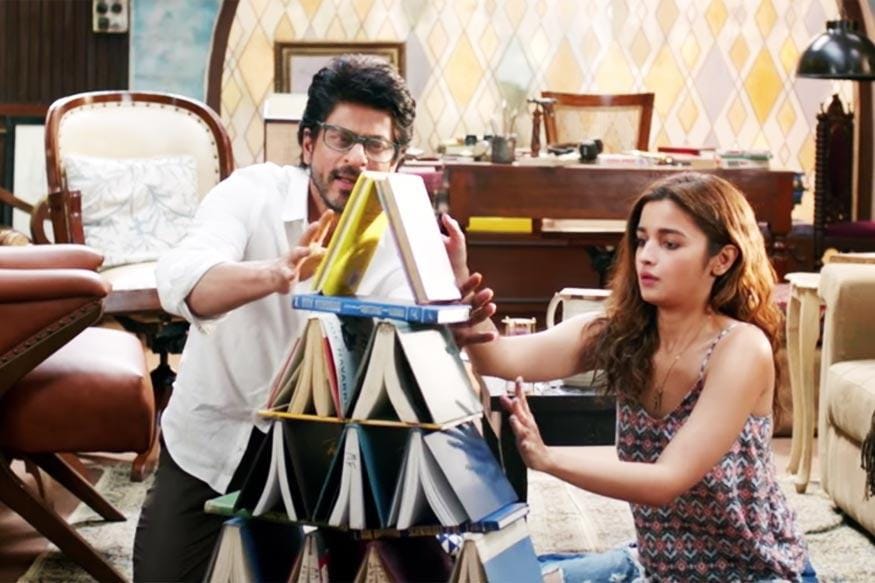

Perhaps a less recognizable face may have played off better, because Khan, the star, seems to be visibly shifting gears on the unglamorous Chak de!India act-o-meter. Khan behave like more of a mentor with an analogy for everything – a hockey coach with a psychology degree. Shinde attempts to make things more “accessible” by making Dr. It’s almost necessary that we feel a bit impatient, a bit in the dark about the progression of her story, if it can be called a story at all.īut Ms. There can be tedious phases of silence, and periods of zero activity – all of which is, of course, simplified here given the presence of actors who must entertain, anyhow. It’s more about listening than seeing, and speaking than showing. Psychiatry is a fascinating profession, but it doesn’t inherently lend itself to the visual medium. Shinde struggles a bit here one can sense she is torn between playing it up and toning it down. As a result, the exchanges between Kaira and Khan range from insightful to occasionally boring. It’s an incredibly difficult task as a filmmaker to depict any sort of mental demons without making it seem as dramatic as a “disorder” or deterioration. Perhaps it isn’t possible anymore to separate the actor from the star, no matter how (relatively) restrained his (Shah Rukh Khan) performance. Director Gauri Shinde equips her Alia (as Kaira, a cinematographer) with a complexity more common in urban adults these days. Each mind has its own threshold, its own set of triggers and tolerance to different situations. Often, the magnitude of problems doesn’t define the magnitude of damage. That her backstory here isn’t as eventful or dramatic as the previous two ironically reinstates this film’s psychological catchphrase: why choose the harder path to feel more important?īecause sometimes, it can be just as simple – and just as serious – as unresolved abandonment issues.

#Dear zindagi movie scenes professional#
She has moved on to seeking professional help. Jehangir Khan) about what causes her to resent her parents so much – an appropriate continuity of adult-like evolution in the Alia-verse. In Dear Zindagi, she confides, fittingly, to her psychiatrist (Shah Rukh Khan as Dr. Often punctuated by a single heartbreaking tear, these scenes are designed to humanize – and somewhat justify – her manic-pixie whimsicalness. In Kapoor & Sons, she confides in her new male friend about her parents’ death in a plane crash. In Highway, this occurs when she confides in her perplexed kidnapper about sexual abuse. The confession is a long, hypnotic, unbroken shot of her face, where, with a trembling voice, she pours her heart out to a virtual stranger about a scarring childhood incident. There are two breeds of Alia moments: the confession and the explosion. Dear Zindagi seesaws between these two scenarios.

They are so powerful that either the film is immediately elevated, or the rest of it is devaluated. Verbose eruptions, forces of nature – singular all-consuming disintegrations so simultaneously disarming and disturbing that they sweep away everything in their path, including our momentary perceptions of the films she occupies. Jokes aside, “Alia moments” have become a trend of sorts. The young (to a fault), undoubtedly talented actress (Alia Bhatt) has been developing quite a penchant for lost-little-girl roles. What an adorably volatile couple they’d make. It was only a matter of time before Alia Bhatt, the ultimate poster child of cinematic meltdowns, found herself in therapy. The young (to a fault), undoubtedly talented actress has been developing quite a penchant for lost-little-girl roles. I’d imagine Ranbir Kapoor, everyone’s favourite coming-of-age man-child, would fit perfectly next to her on the sofa.


 0 kommentar(er)
0 kommentar(er)
